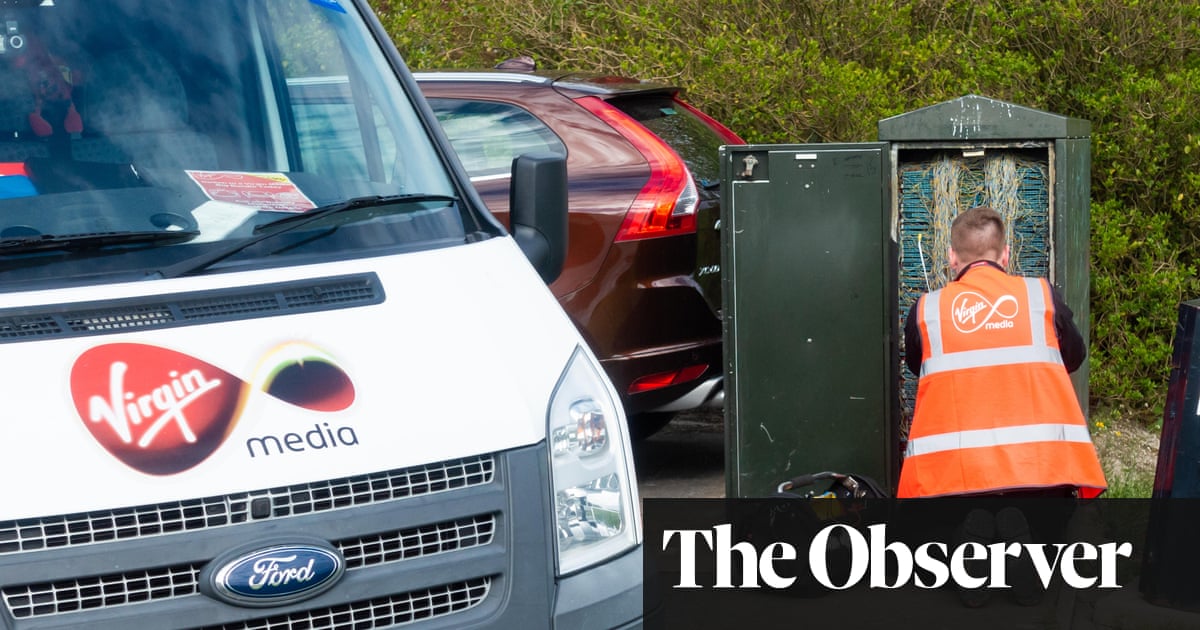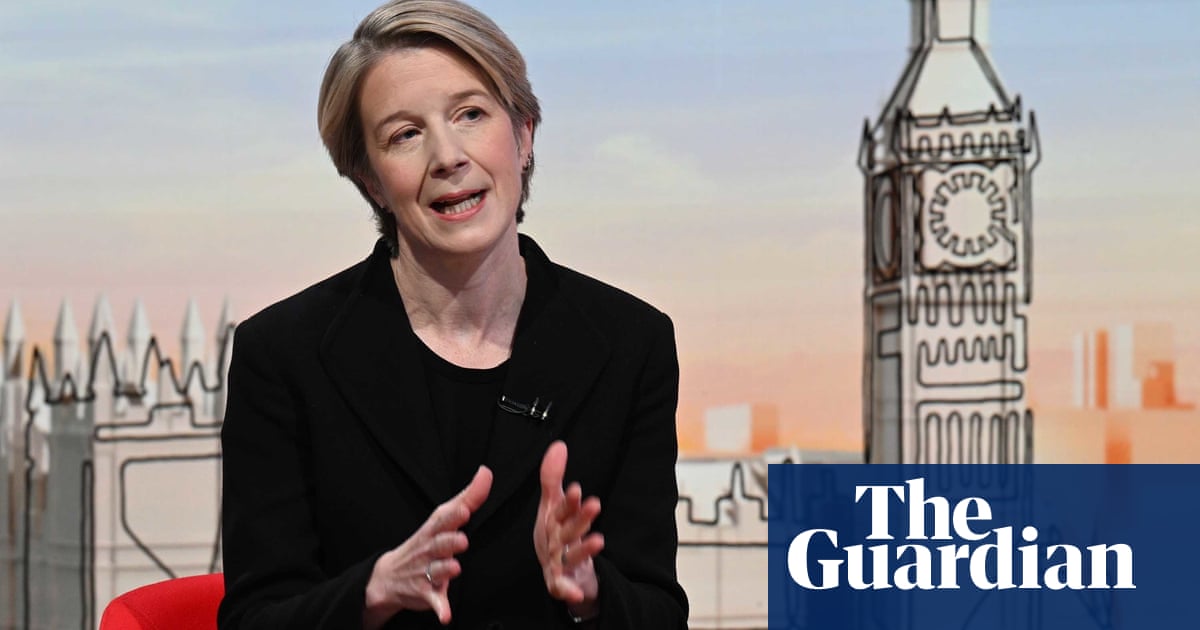
Whenever a new BBC director-general is appointed, the question of whether there is a place for a public broadcaster in the UK resurfaces with renewed vigor. Some even hope that the newly appointed BBC head will pull the plug on this globally revered institution, which celebrates its centenary in two years’ time.
It is astonishing that the very existence of one of the greatest successes in the broadcasting world should be questioned. Yet this is one of the challenges facing Tim Davie, who began this complex and closely scrutinized job, with its many political pitfalls, at the beginning of this month. It would be a mistake to present the question of the need for a public broadcaster, even one paid for by license fee, from the narrow free-market perspective of a service that has an unfair advantage over its competitors. The BBC, like any other public broadcaster, has to be judged on its wider contribution to society in those areas where the commercial media network has hardly any presence or is driven by another set of calculations.
It is legitimate for the commercial media outlets to question, for instance, how come that, although the BBC is a public service, it also has a commercial arm in the form of BBC Studios, which brings in revenue of about £1.4 billion ($1.8 billion). Meanwhile, the guaranteed stream of income necessary to achieve this success comes from the license fee — which, until recently, it was a criminal offence for UK households to fail to pay.
However, despite what looks like an unfair advantage, the case for a public broadcasting service, though not straightforward in the 21st century, is still a powerful one. For one thing, despite having a commercial subsidiary, the BBC is not primarily driven by commercial motivations in its programming or in the way it covers current affairs. It is very different for commercial channels, as good as some of them may be, which live and die by ratings and must not upset their owners, shareholders or advertisers. The BBC has a charter that compels it to address issues that are not necessarily ratings winners or driven by profit but are about added value to society. It provides a platform for controversial social issues and cultural, environmental or science topics that might not appeal to the wider public, but are of immense importance as a public service.
It is also the case that right-wing politicians and their allies in the media often accuse the BBC of an intrinsic bias in support of the left, in violation of its charter, which requires it to treat controversial subjects with due impartiality. Others claim, however, that it actually gives too much airtime to right-wing individuals and discourse, including the pro-Brexit narrative. Editorial decisions can justifiably be questioned, but they don’t necessarily reflect bias.
This feeds into another controversy over the occasional, though rather deliberate, confusion sown by those in power between what is a public service and what is state-controlled media. It would be convenient for any British government to use the BBC as an extension of its PR machine, but it is the public, in all of its political colors, that pays for it and it is the public the BBC is chartered to serve — it is not the government’s mouthpiece. Be they Conservative or Labour, those in power always accuse the BBC of bias, despite knowing very well that it is the role of a free media to probe governments’ decisions. Not that the BBC is free from errors of judgment, but it is mainly governments that cannot distinguish between bias and legitimate criticism.
There is also the question of value for money. The BBC’s critics argue that license fee payers are getting less for their money, while some of the most prized content, such as major sporting events or newly released movies and TV series, has migrated to the commercial channels, with much of it streamed. A modern public service has to ring the changes once it no longer has a monopoly of the airwaves. However, losing its rights to cover big events or present blockbuster movies and TV series to commercial outlets such as Sky, Netflix or Amazon hasn’t changed the reality that the BBC remains a trusted source of information. It offers high-quality programs of great value to society as a whole; content that organizations driven by purely monetary calculations would never produce. Most importantly, the BBC is the single biggest investor in original British content, offering huge financial returns to the UK economy.
Moreover, the BBC has been an incubator of British talent and an inspiration for young and emergent creatives from around the world, something that the commercial networks have benefited from immensely. It is a beacon of success and, across the world, the BBC World Service is still recognized as one of the best, if not the most reliable, in-depth news and current affairs sources. The same goes for its arts and nature programs. Who doesn’t recognize Sir David Attenborough’s “Blue Planet” or dramas such as “Pride and Prejudice” and “Sherlock?”
The case for a public broadcasting service, though not straightforward in the 21st century, is still a powerful one.
Yossi Mekelberg
The BBC is a major source of British soft power, the benefits of which are immeasurable. After all, its competitors are targeting global audiences, while the British broadcaster is obliged by its charter to reflect Britishness in all its aspects, as well as appealing to a much wider international audience, and it has achieved this double act to great acclaim.
Few would argue that a public broadcaster in the 21st century must adapt to the inevitable changes in content, style and technology, must provide good value for money, and must maintain its objectivity and reflect all strands of society. But what makes a public broadcaster absolutely essential — and the BBC epitomizes this — is that it doesn’t have to bow to any passing fashion or trend and can represent an unyielding continuity and creativity with no fear of its paymasters or the government of the day: Something for which the license fee is a small price to pay.
Yossi Mekelberg is professor of international relations at Regent’s University London, where he is head of the International Relations and Social Sciences Program. He is also an associate fellow of the MENA Program at Chatham House. He is a regular contributor to the international written and electronic media. Twitter: @YMekelberg
Disclaimer: Views expressed by writers in this section are their own and do not necessarily reflect Arab News" point-of-view












